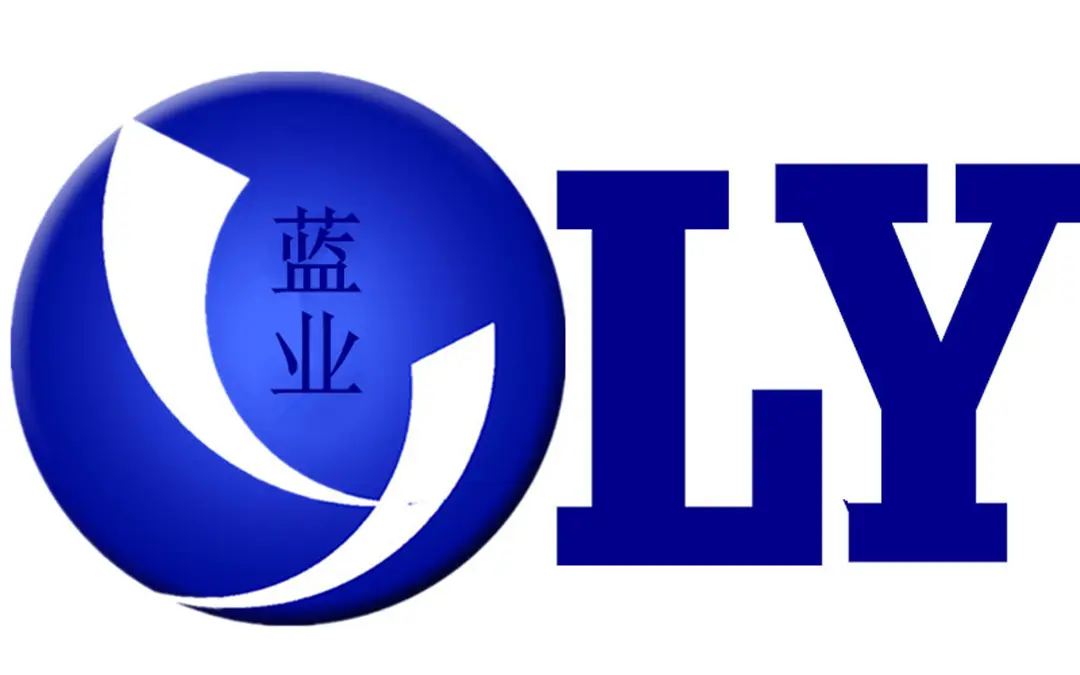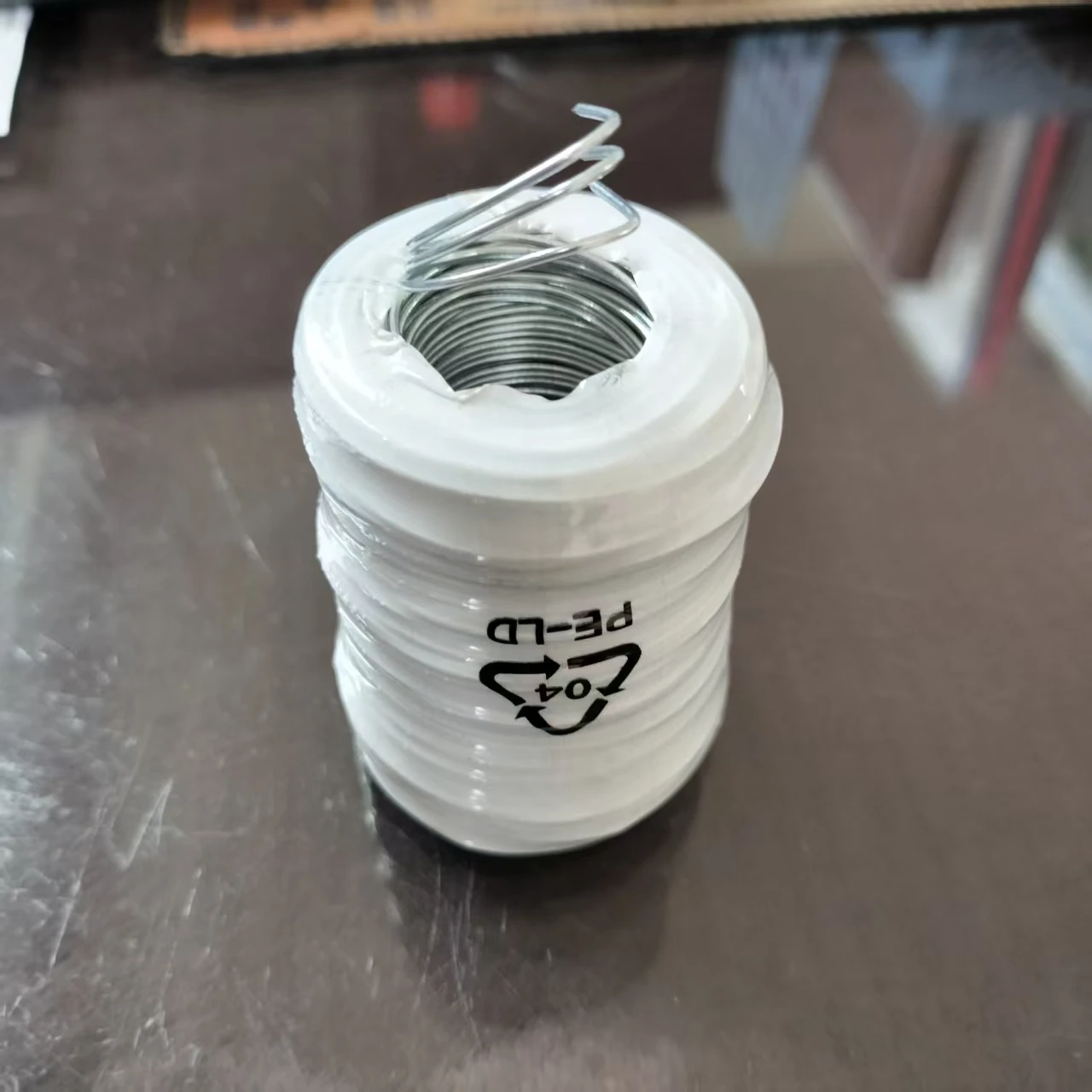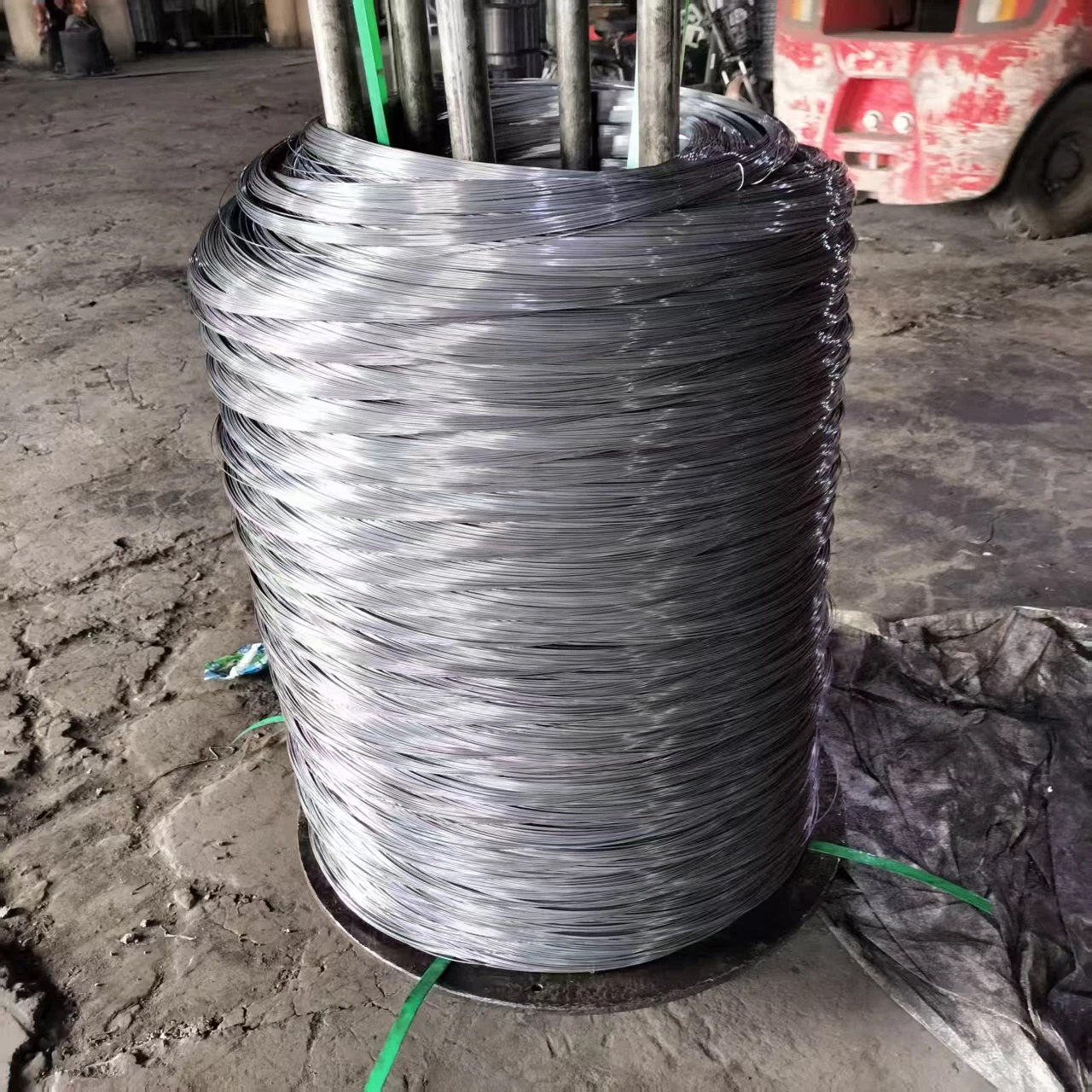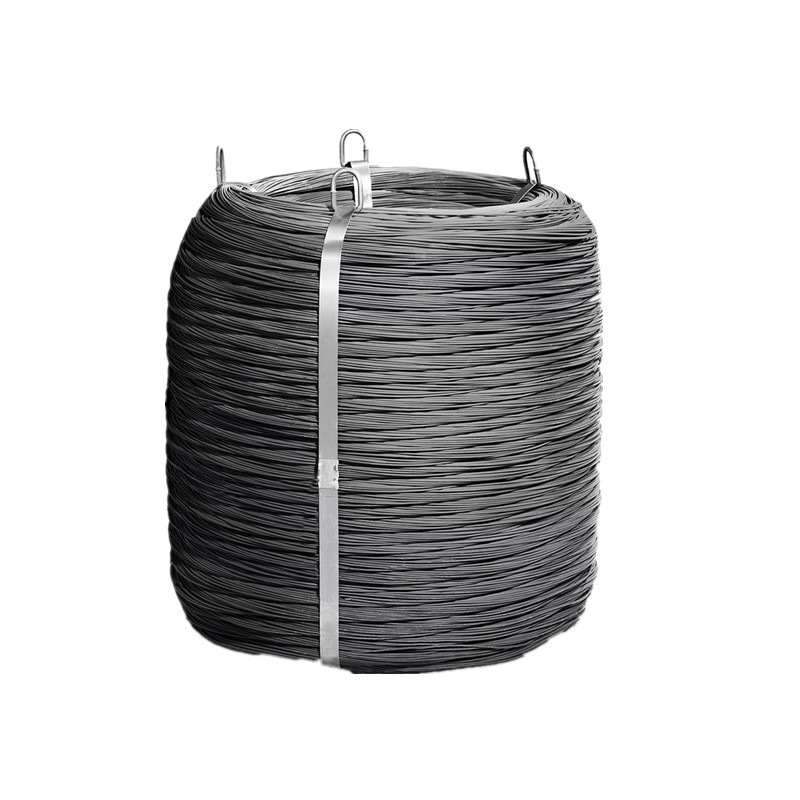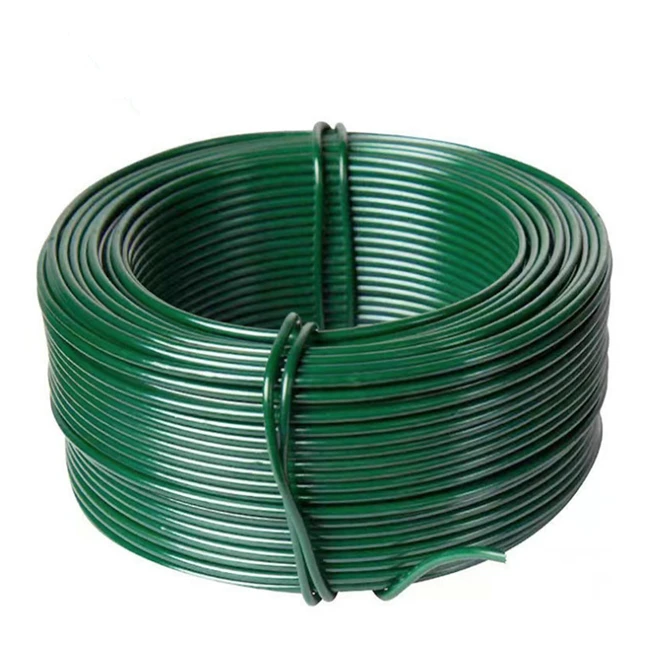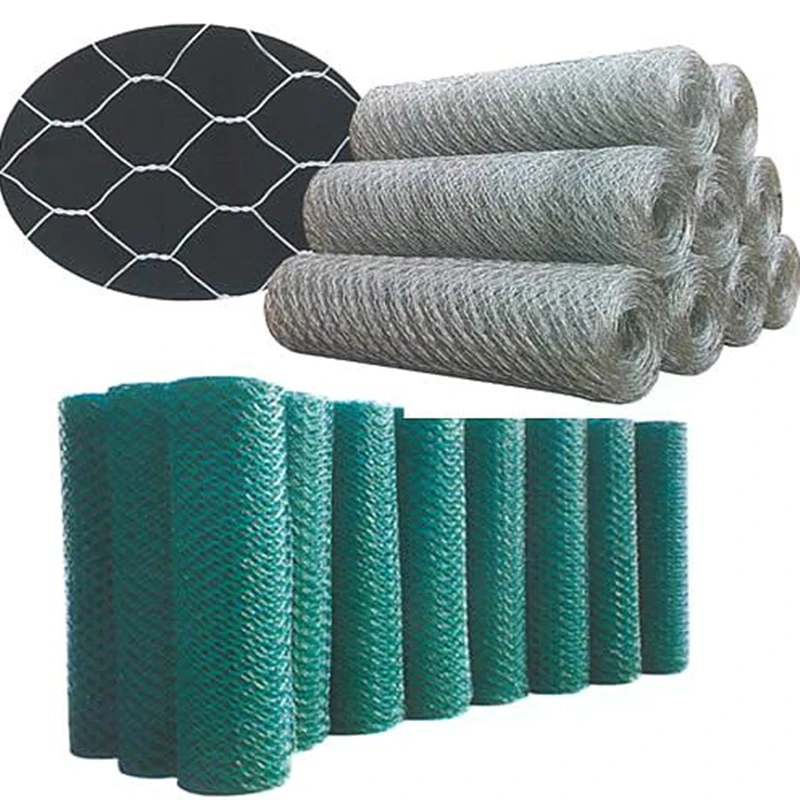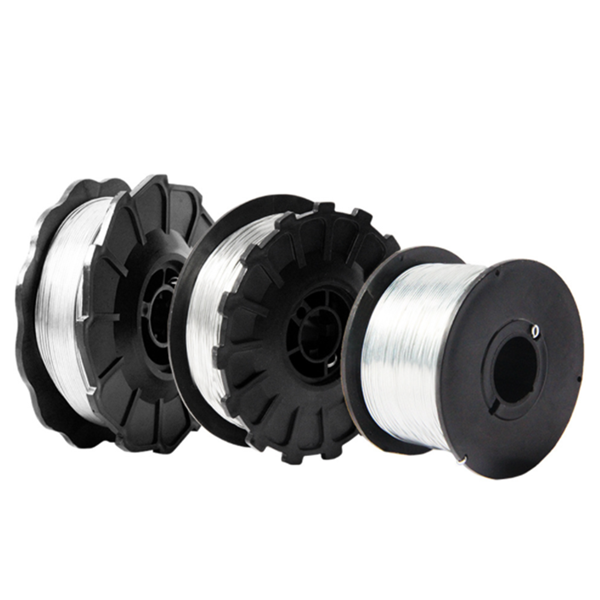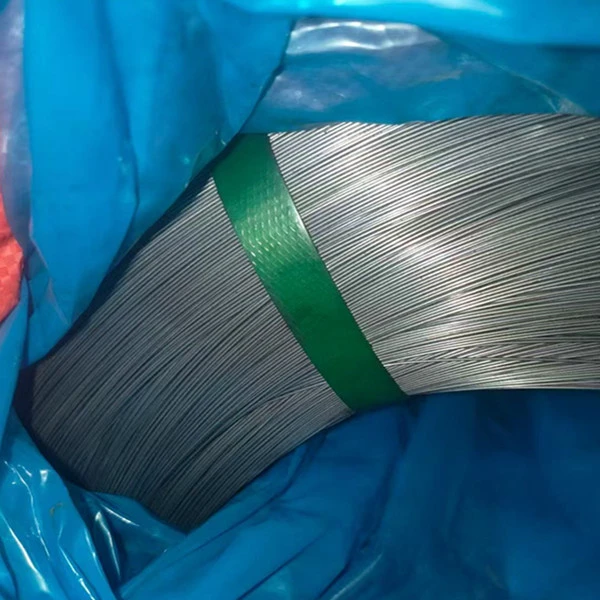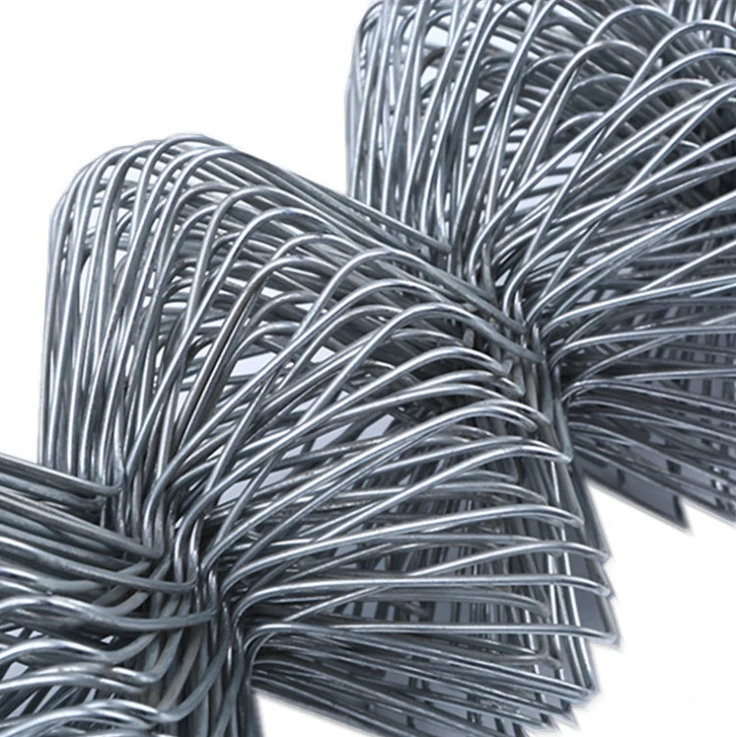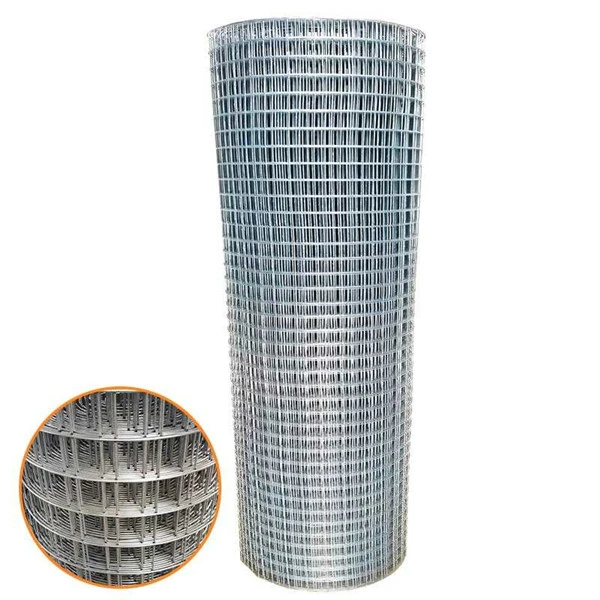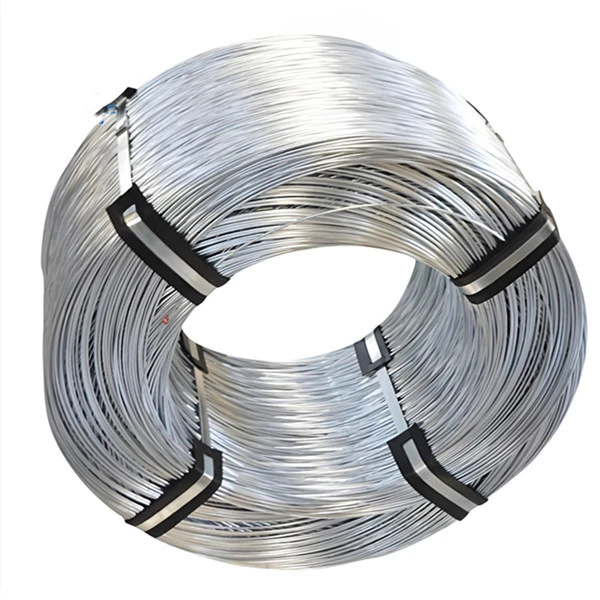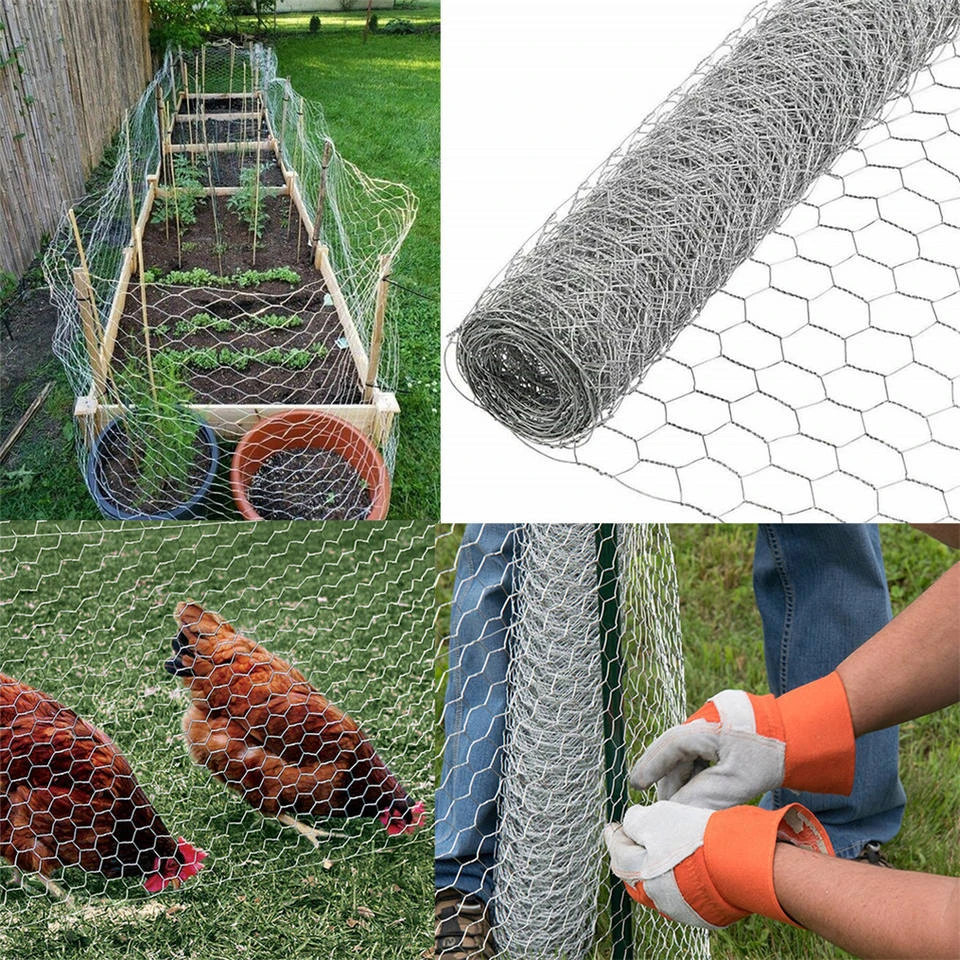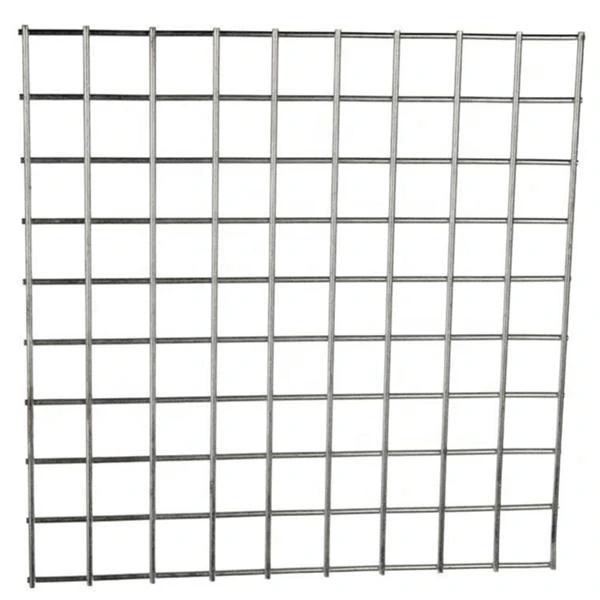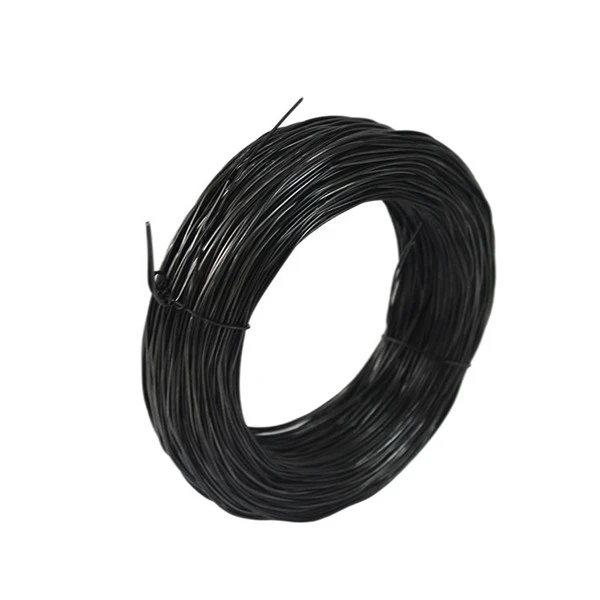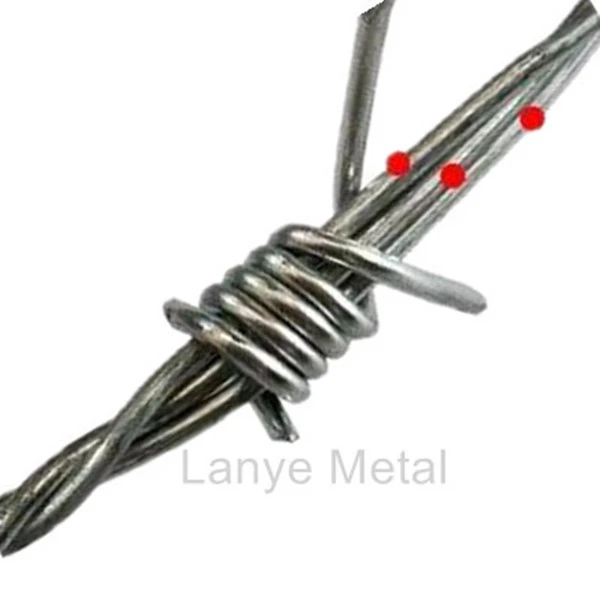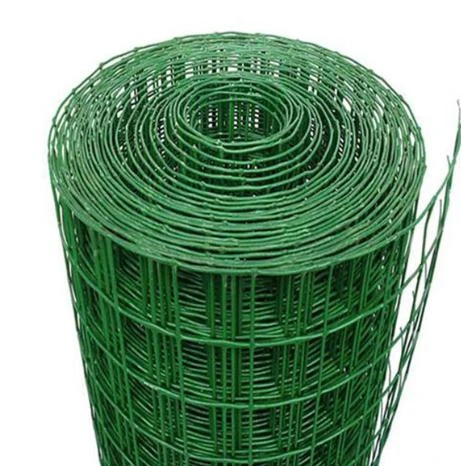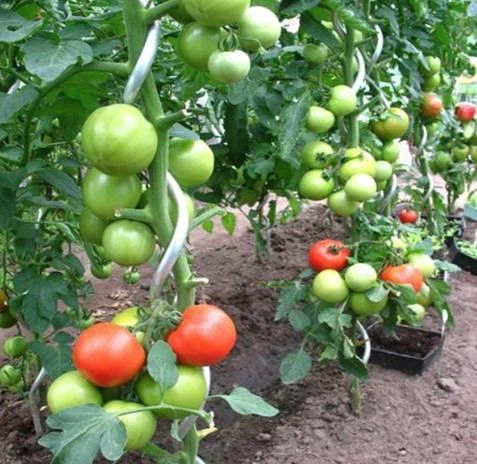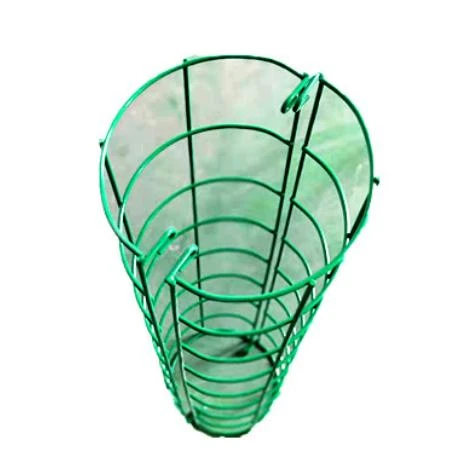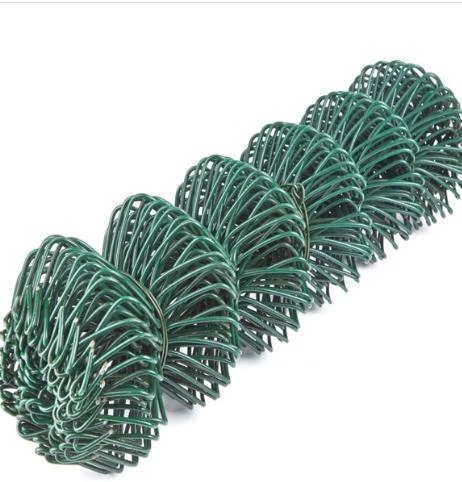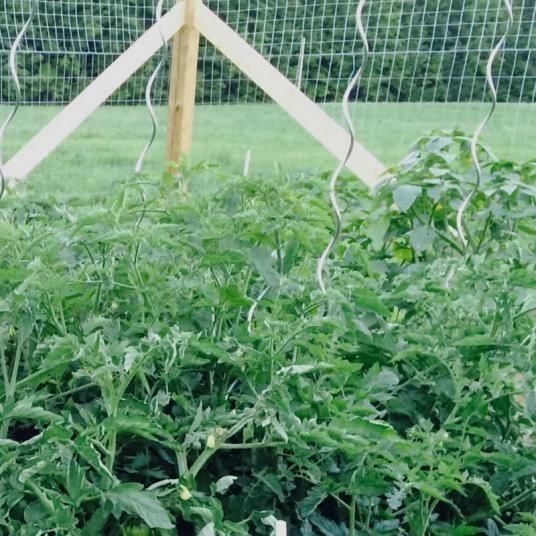- Introduction to PVC-coated fencing solutions
- Technical advantages and durability specifications
- Performance comparison of leading manufacturers
- Custom fabrication options and project adaptability
- Installation considerations and maintenance protocols
- Diverse application case studies
- Environmental and long-term economic benefits
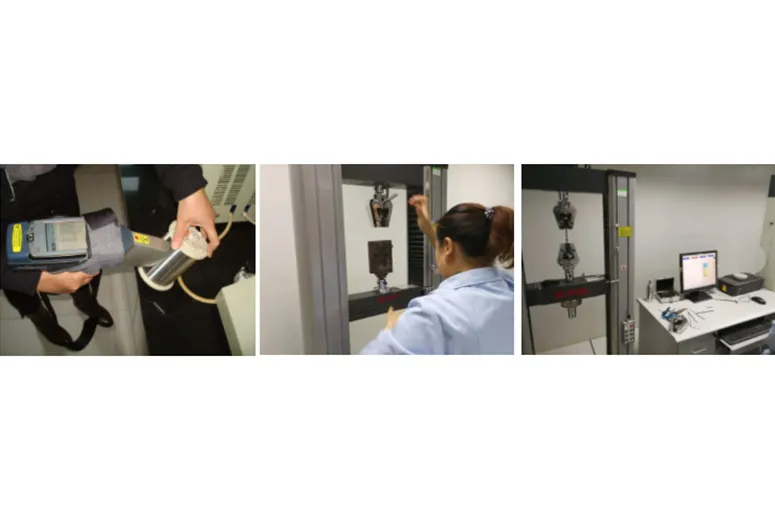
(pvc wire mesh)
Introduction to PVC Wire Mesh Fencing Solutions
PVC wire mesh represents a fundamental advancement in perimeter security systems, combining structural integrity with environmental resilience. This technology involves applying polyvinyl chloride coating to galvanized steel wire fabric through electrostatic processes, creating a protective barrier that withstands harsh conditions. Unlike conventional chain link, PVC-coated solutions prevent oxidation at the molecular level through encapsulation technology that bonds at 400°F. Industrial applications have expanded dramatically, with construction sector adoption growing 19% annually according to Allied Market Research. The core innovation lies in the triple-layer extrusion process, where a primer layer chemically bonds the PVC to the zinc coating before color layers are applied.
The evolution toward coated wire mesh fencing responds to corrosion challenges in coastal regions and industrial zones where atmospheric salinity causes standard fences to deteriorate within 3-5 years. Manufacturers typically apply between 12-18 ounces of PVC per square yard depending on mesh specifications. Black pvc coated chain link wire mesh fence has become particularly popular for high-security installations due to its anti-climb properties and visual opacity. Commercial property managers report 40% longer service life compared to uncoated alternatives, making initial investment recoverable within 4.2 years on average through reduced maintenance. Technical assessments show these barriers maintain over 90% tensile strength after 15 years of continuous exposure.
Technical Advantages of PVC-Coated Barriers
Material performance metrics demonstrate why PVC-coated systems dominate specialized markets. Accelerated aging tests conducted by independent laboratories reveal that pvc wire mesh
fencing retains elasticity down to -40°F while resisting deformation at temperatures up to 160°F. The dual-layer corrosion protection combines galvanization (typically G90 coating with 0.90 oz/ft² zinc) with PVC barriers that are UV-stabilized to prevent molecular degradation. Standard warranties cover 15 years against coating cracks or peeling and 20 years against material corrosion. Impact resistance measurements show 300% greater dent resistance than standard vinyl fencing, withstanding forces exceeding 250 Newtons before permanent deformation.
The unique molecular structure creates hydrophobic surfaces that prevent mineral buildup, with self-cleaning properties reducing maintenance frequency by 60%. Testing confirms salt-spray resistance exceeding 1,200 hours without red rust formation - critical for marine environments. Beyond physical attributes, PVC-coated wire mesh provides critical safety enhancements: the non-conductive properties prevent electrical transmission, with insulation resistance values measuring 10¹³ ohms according to IEC standards. Additionally, manufacturers embed antioxidants and UV inhibitors directly into the PVC compound during formulation, creating protective properties that migrate to the surface over time.
Manufacturer Comparison Analysis
| Manufacturer | Coating Thickness | Warranty Period | UV Resistance | Color Options | Mesh Varieties |
|---|---|---|---|---|---|
| Global Industrial Solutions | 14-16 oz/yd² | 20 years | Class 5 | 9 standard | Chain link, Welded, Gabion |
| Atlantic Security Fencing | 12-14 oz/yd² | 15 years | Class 4 | 5 standard | Chain link, Decorative |
| ArmorCoat Systems | 16-18 oz/yd² | 25 years | Class 5+ | 3 standard + custom | Industrial chain link, Anti-cut |
| EuroFence Technologies | 10-12 oz/yd² | 10 years | Class 3 | 4 standard | Standard chain link |
Third-party certification requirements vary significantly across manufacturers, with top-tier producers holding ISO 1461 and 9227 certifications. Post-installation surveys indicate 82% satisfaction with premium-grade systems after five years, compared to 67% for entry-level products. Beyond specifications, manufacturing consistency separates leaders, reflected in coating thickness tolerances maintained within ±0.15 mm. Leading manufacturers employ automated viscosity controls during the 7-stage coating process that maintains polymer consistency 3.5 times better than manual systems. Premium vendors often incorporate recycled PVC content at rates between 25-40% without compromising durability.
Customization and Fabrication Flexibility
Modern production techniques enable highly tailored PVC-coated fencing solutions adapted to project specifications. Digital fabrication systems now deliver mesh in widths between 1-8 meters with specialized diamond patterns ranging from 50-75mm apertures. Specialized treatments include zinc-phosphate coatings before PVC application that boost adhesion properties by 30%. For high-security installations, manufacturers integrate 316 marine-grade stainless steel within PVC encapsulation, adding minimal visual bulk while increasing cutting resistance by 200%. Production facilities typically maintain minimum lot sizes of 150m for custom configurations, with project lead times averaging 3-5 weeks depending on formulation complexity.
The surface texture spectrum extends beyond standard smooth finishes to non-reflective matte textures or enhanced-grip patterns for climbing resistance. During the formulation stage, technicians can modify compound properties to achieve specific goals: increased UV-blocking pigments for intense sunlight regions, anti-graffiti additives for urban environments, or additional plasticizers for low-temperature flexibility. Commercial projects frequently specify custom PVC wire mesh fencing with RAL color matching precision, with over 200 color formulations routinely maintained in production pipelines. Structural modifications include varied wire gauges from 2.5-5.0mm within the same panel, optimizing strength while reducing material usage in non-critical zones.
Installation and Maintenance Requirements
Optimal installation begins with foundation preparation, requiring soil compaction to 95% density and specialized galvanized hardware compatible with PVC's thermal expansion coefficient. Technical manuals specify 50-100mm clearance between mesh and ground to prevent moisture wicking and vegetation interference. Unlike traditional fences, PVC-coated wire mesh fence installations mandate tension-controlled systems applying forces between 200-500 N/m depending on mesh type. Expansion compensation loops become critical in regions with seasonal temperature swings exceeding 60°F, requiring engineered spacing intervals calculated as L=K√ΔT, where K is the material constant.
Lifecycle maintenance protocols for black pvc coated chain link wire mesh fence focus on environmental compatibility. Cleaning formulas require pH-neutral solutions since alkaline cleaners above 9.5 pH degrade plasticizer compounds over time. Inspection routines should verify clasp integrity and coating adherence quarterly, with specialized adhesion test kits measuring bond strength in MPa. Damage repairs utilize formulation-specific PVC patch compounds applied at temperatures between 390-410°F. The minimal maintenance creates significant economic advantages, demonstrated in airport perimeter studies showing 75% lower lifecycle costs over 20 years compared to uncoated alternatives.
Application Case Studies and Use Cases
In coastal infrastructure applications, Florida's transportation authority documented 23-year service life for PVC-coated fencing along A1A highway, withstanding Category 4 hurricane force winds without structural compromise. The project utilized 2.5mm wire diameter mesh with double-galvanization beneath extra-thick PVC layer. At Rotterdam's Maasvlakte Terminal, a 5km black pvc coated chain link wire mesh fence installation reduced corrosion-related replacements from biannual to every 11 years, decreasing operations downtime by 300%. The industrial complex specifies Grade 316 stainless steel components in all bracketry to prevent dissimilar metal corrosion.
Residential security applications increasingly utilize PVC wire mesh for transparent protection, with California gated communities reporting 40% reduction in intrusion attempts after upgrading to coated fencing systems. The horticultural industry embraces these materials for their light transmission properties—specialized greenhouse mesh filters approximately 78% UV radiation while providing physical barrier functions. Mining operations quantify savings from reduced galvanic corrosion, with Australian mineral processing plants documenting 62% lower maintenance budgets after transitioning to coated perimeter systems.
Long-Term Value of PVC Coated Wire Mesh
Economic analysis demonstrates why professionals specify PVC-coated wire mesh fencing across commercial applications. The initial 30-45% cost premium over galvanized products yields measurable returns through extended service life and minimal maintenance. Lifecycle cost calculations show net savings of $14-$18 per linear foot over 20 years in temperate climates, increasing to $22-$28 in coastal environments. Environmental impact assessments reveal carbon footprint reductions of 15-20 tonnes per 1,000 meters compared to frequent replacement of uncoated systems. Production innovations now incorporate recycled PVC content at 35-40% without compromising performance characteristics.
The performance legacy of quality pvc wire mesh systems becomes apparent in historical installations. European railway infrastructure documents original PVC-coated barriers from the 1980s still functioning within technical specifications today. Current formulation improvements extend projected service life beyond 40 years for correctly maintained installations. Beyond longevity, manufacturers continue advancing fire-retardant formulations that achieve Class A flame spread ratings. These technological improvements reinforce PVC-coated fencing as a sustainable, economically viable security solution balancing immediate functional requirements with long-term performance stability.
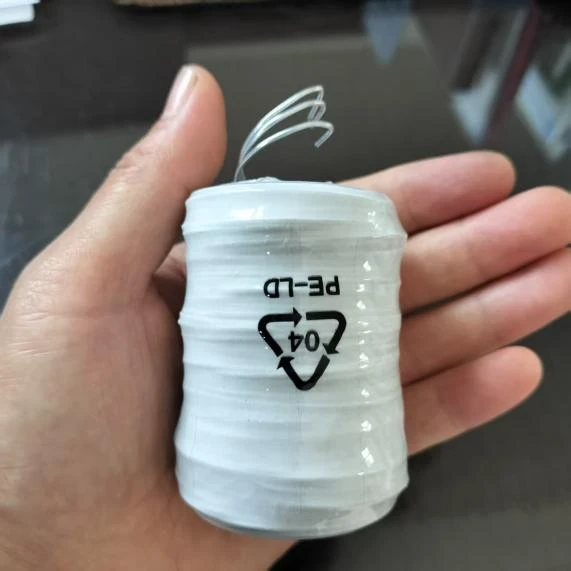
(pvc wire mesh)
FAQS on pvc wire mesh
Q: What is PVC wire mesh?
A: PVC wire mesh is a durable material made from steel wire coated with polyvinyl chloride. It resists corrosion and weather damage, making it suitable for various applications. Common uses include industrial fencing and garden protection.
Q: What are the advantages of PVC wire mesh fencing?
A: PVC wire mesh fencing offers superior rust prevention and a longer lifespan than uncoated options. It enhances security and visual appeal for properties like gardens or sports fields. The coated surface also reduces maintenance needs.
Q: How does a PVC coated wire mesh fence differ from standard versions?
A: A PVC coated wire mesh fence includes a protective polymer layer that blocks moisture and UV rays. This added coating extends durability in harsh environments. It also provides a smoother finish and better aesthetics for fences.
Q: Why select a black PVC coated chain link wire mesh fence?
A: The black color offers enhanced privacy and modern aesthetics, blending well with surroundings. PVC coating ensures superior resistance to corrosion and fading. It is a versatile choice for both residential and commercial fencing applications.
Q: How should PVC wire mesh fencing be maintained?
A: Regular cleaning with water and mild soap keeps PVC wire mesh fencing in good condition. Inspect for any damage annually to ensure longevity. Avoid harsh chemicals to preserve the coating and performance.



